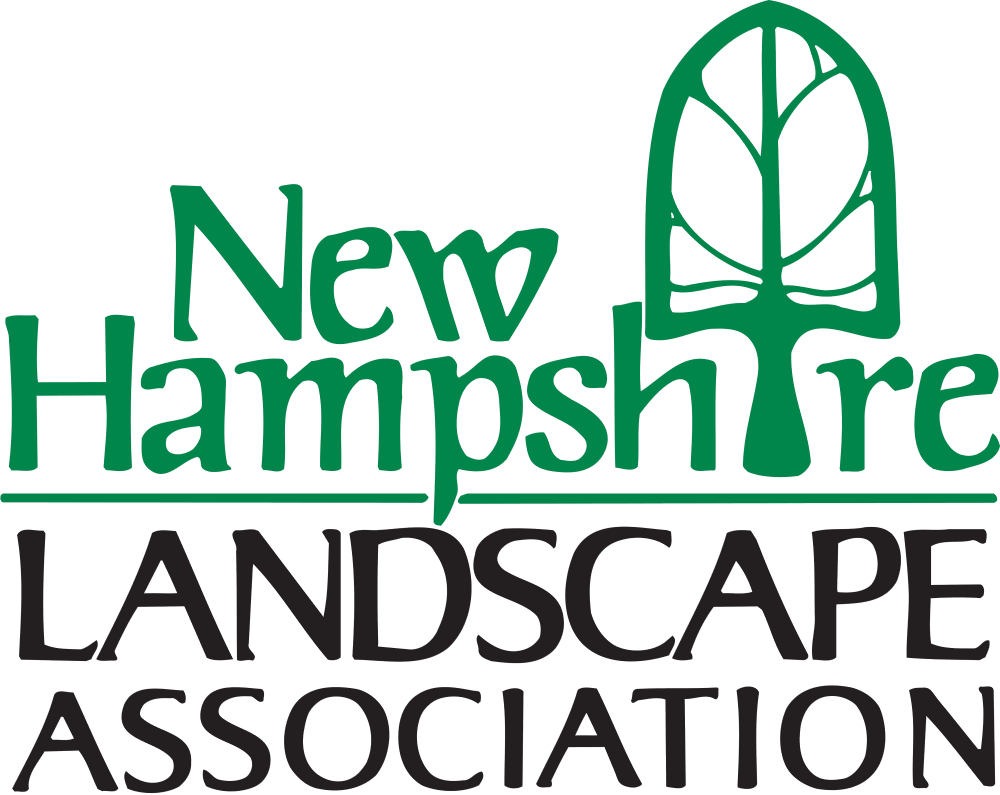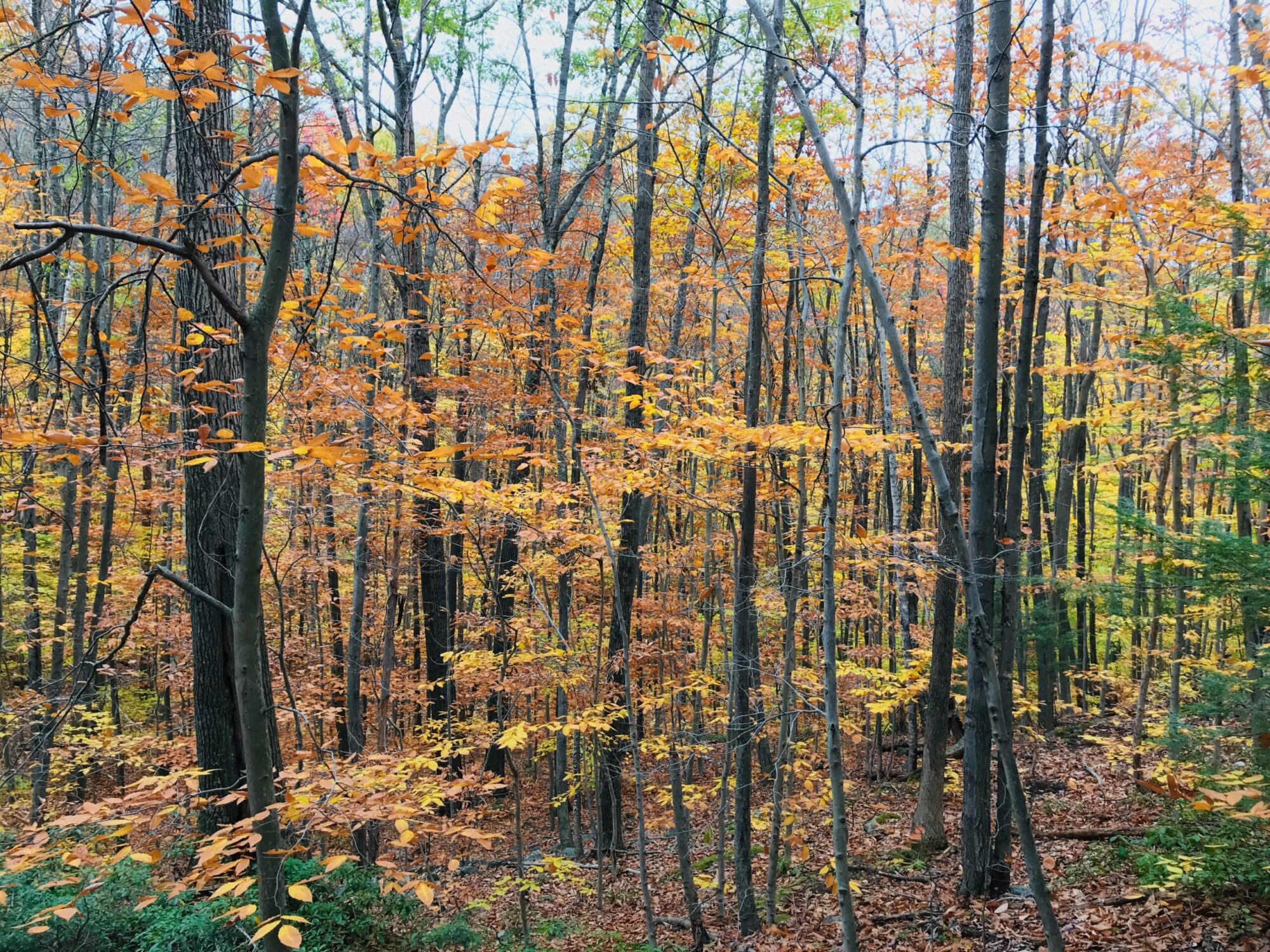Get Ready to Be Safe – And More!
Carolyn Isaak2025-12-17T17:09:00-05:00December 17, 2025|
President’s Notes November 2025
Carolyn Isaak2025-12-07T09:59:10-05:00December 7, 2025|
Reflection
Carolyn Isaak2025-12-17T17:11:20-05:00November 6, 2025|
New Turf Fertilizer Regulations in NH
Carolyn Isaak2025-10-04T08:34:25-04:00October 4, 2025|
President’s Notes September 2025
Carolyn Isaak2025-12-07T10:00:36-05:00September 24, 2025|
Midsummer Reminders About Heat-Related Illnesses
Carolyn Isaak2025-10-04T08:55:36-04:00August 29, 2025|






